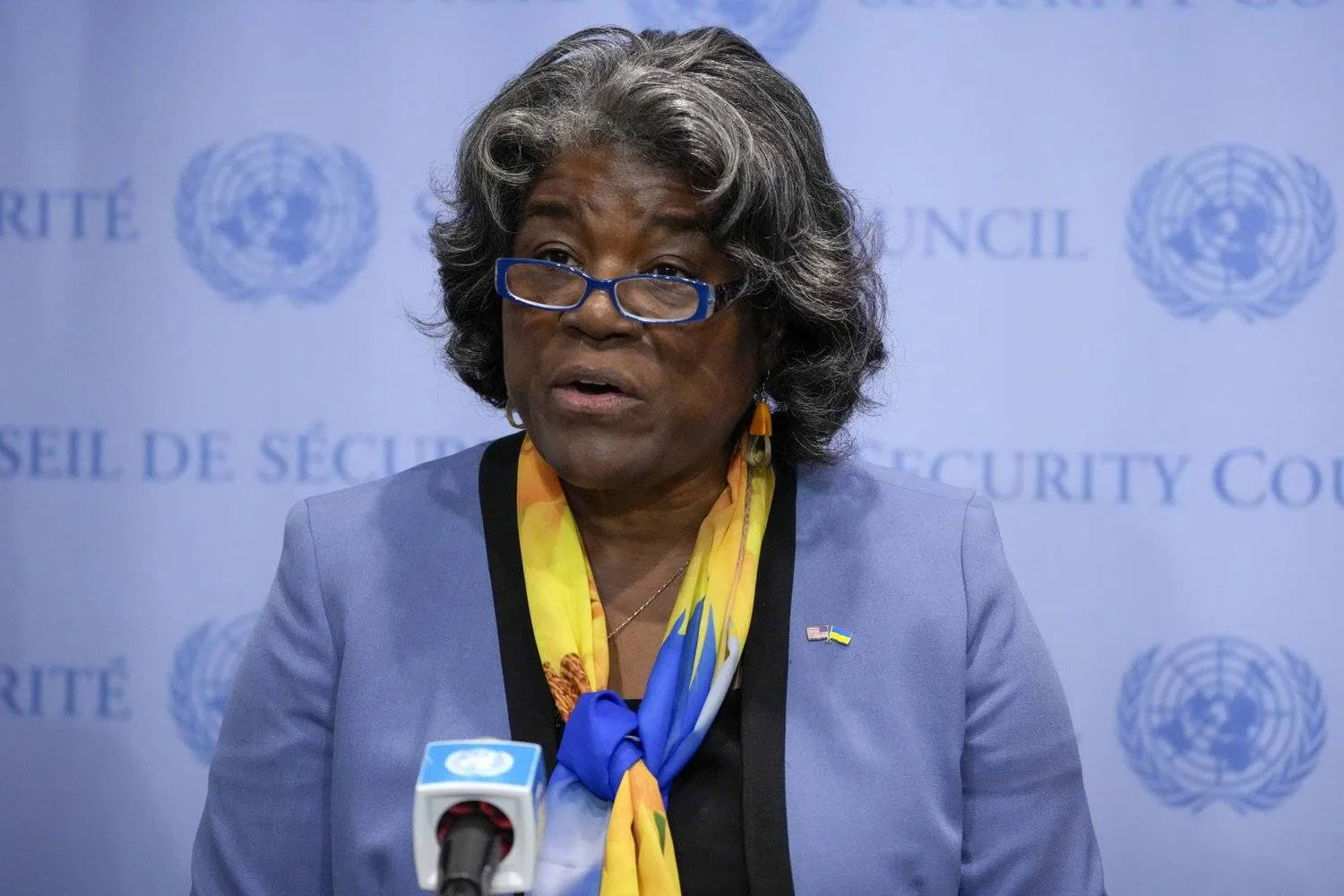The administration of US President Joe Biden has called on the Sudanese armed forces led by General Abdel Fattah al-Burhan and the Rapid Support Forces headed by Mohamed Hamdan Dagalo, also known as Hemedti, to comply with the Jeddah Declaration of Commitment to Protect the Civilians of Sudan.
This comes after mutual attacks resulted in casualties, including women and children.
The US urged the international community to back efforts to end the fight in Sudan and hold accountable those responsible for the “atrocities” in the country.
“The United States is alarmed by the recent increase of indiscriminate air and artillery strikes in Sudan, including in Khartoum, South Darfur, and South Kordofan states, which have resulted in high numbers of civilian casualties,” said the spokesperson for the US Department of State, Matthew Miller.
“We are particularly concerned with the reported Sudanese Armed Forces (SAF) September 10 air strike in southern Khartoum that killed at least 43 people, the August 23 shelling exchange between SAF and Rapid Support Forces (RSF) that killed at least 27 people – most of them women and children – in Nyala and continued shelling in a number of areas, including with the use of barrel bombs,” according to Miller.
“Both parties have instigated unrelenting violence that has caused death and destruction across Sudan. As we have said before, both parties must comply with their obligations under international humanitarian law, including obligations related to the protection of civilians.”
He added that “the SAF and RSF each affirmed those responsibilities in the May 11 Jeddah Declaration of Commitment to Protect the Civilians of Sudan, and each has failed to live up to them in the months since. The United States continues to support accountability for perpetrators of atrocities in Sudan.”
US Representative to the United Nations Ambassador Linda Thomas-Greenfield described Khartoum’s threat to end the UN mission in Sudan as “unacceptable.”
“No country should be allowed to threaten this Council’s ability to carry out its responsibilities for peace and security.”
The Ambassador added: “I visited a refugee settlement near the Sudanese border. It was one of the saddest days of my life.”
“While in Chad, I visited the MSF hospital, where doctors are treating hundreds of severely malnourished children. And when I walked through the hospital, the first thing I noticed was how eerily silent and quiet it was.”
She added: “Attacks on health facilities have left more than 80 percent of hospitals inside of Sudan nonfunctional.”
She further called on Sudanese authorities “to allow for the unhindered and sustained movement of humanitarian goods and personnel, to facilitate the importation of humanitarian goods and equipment, and to expedite visa approvals for international humanitarian workers.”
“As we speak, Sudan’s Humanitarian Response Plan for 2023 is less than 30 percent funded. That’s shameful. And it’s a stain on our common humanity.”
She underlined that “the United States is committed to supporting the Sudanese people in their time of need,” announcing that “The US is providing nearly 163 million dollars in additional humanitarian assistance for the people of Sudan and for neighboring countries.”
“During my trip, I also announced US sanctions on Abdelrahim Hamdan Dagalo, a senior commander in Sudan’s Rapid Support Forces and the brother of RSF commander Mohamed Hamdan Dagalo, also known as Hemedti – for his connections to abuses by the RSF against civilians in Sudan.
“Additionally, we are imposing US visa restrictions on RSF general and West Darfur commander Abdul Rahman Juma for his involvement in gross violations of human rights.”
“We must all condemn, and work to prevent and respond to, ongoing atrocities in Sudan, and hold those responsible accountable,” added the Ambassador.
She went on to say that “the United States joins our regional and international partners in calling for the Sudanese Armed Forces and Rapid Support Forces to end the fighting, respect human rights, and adhere to their obligations under international humanitarian law."
"We support coordinated international diplomatic efforts in pursuit of peace by the AU, IGAD, League of Arab States, UN, and other partners from the Horn of Africa and the Middle East.”
“Finally, we remain unwavering in our support of the democratic aspirations of the Sudanese people for a civilian government and a stable, democratic Sudan.”
She stressed that she would “continue to raise this issue in the Council.”
"We cannot look away as people suffer, as the conflict rages on. The international community must do more to address the humanitarian crisis, and secure peace and justice for the Sudanese people.”









